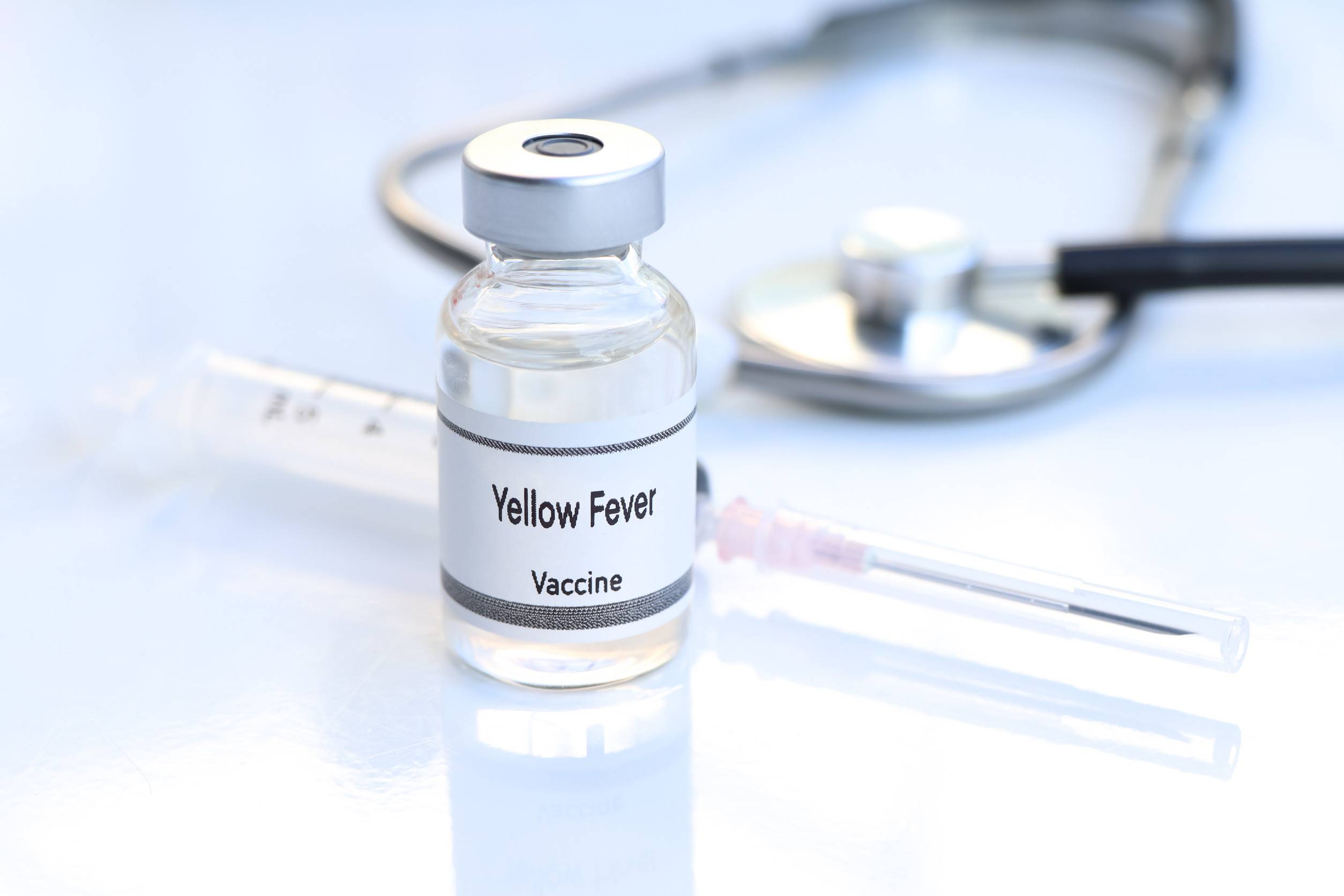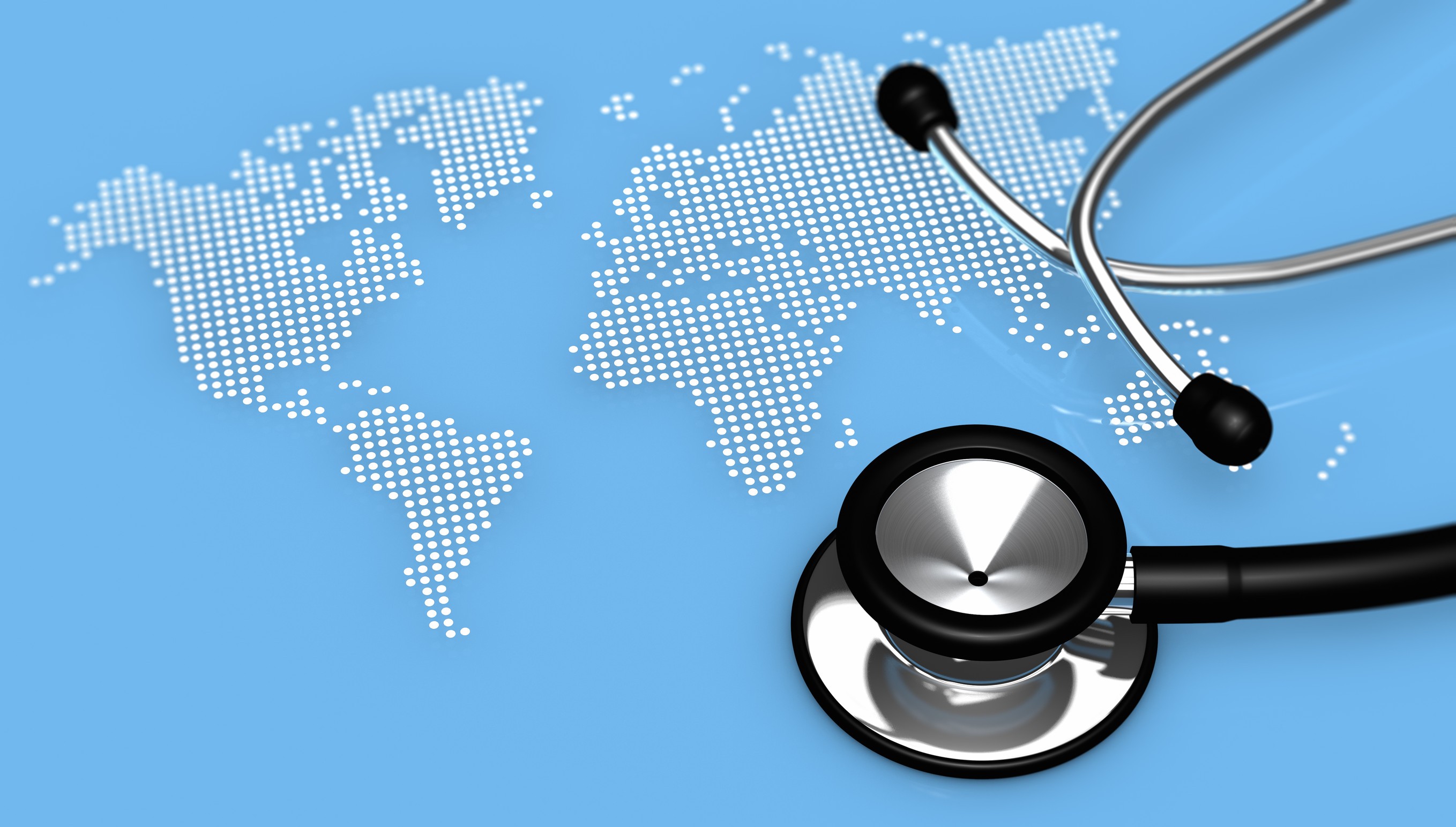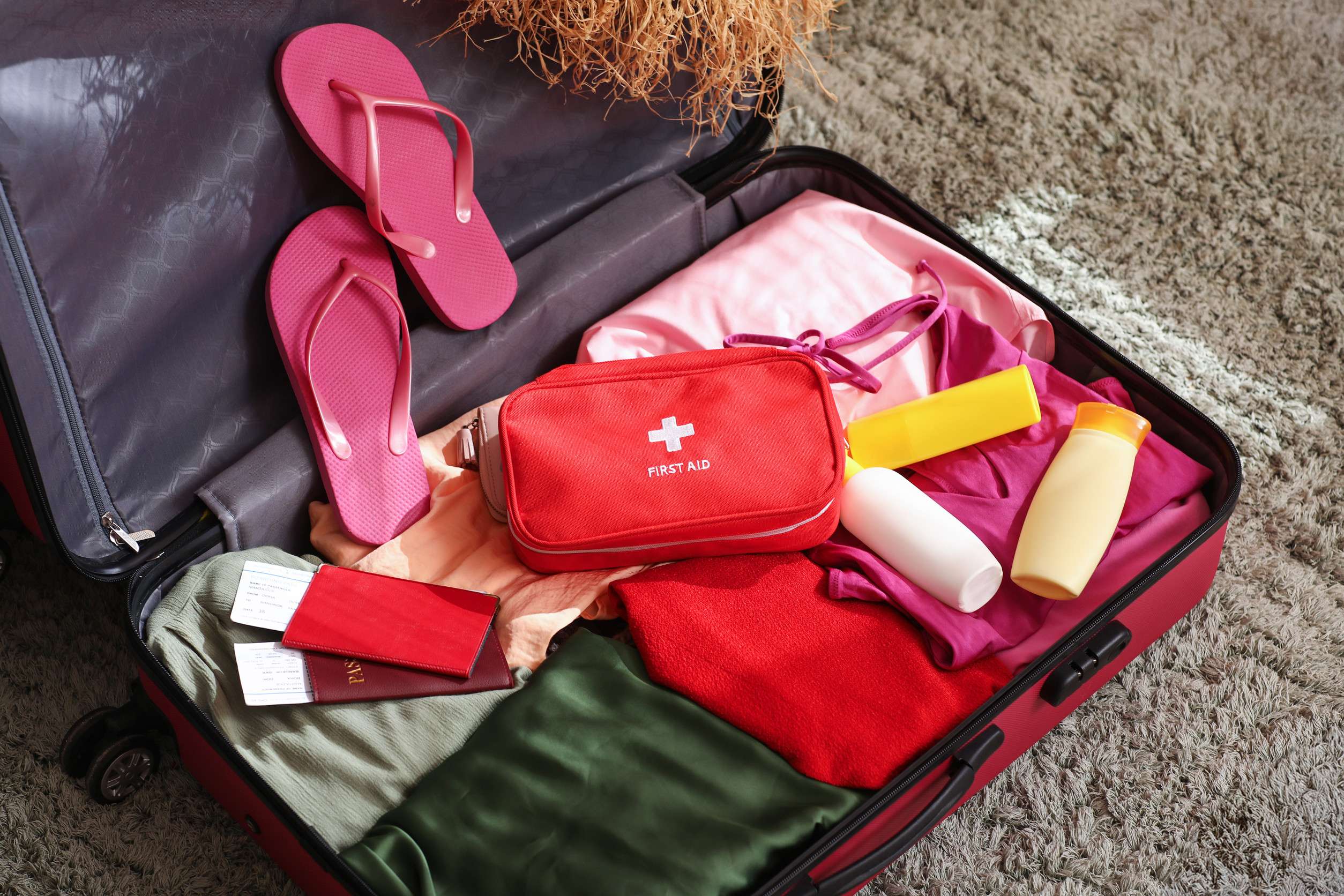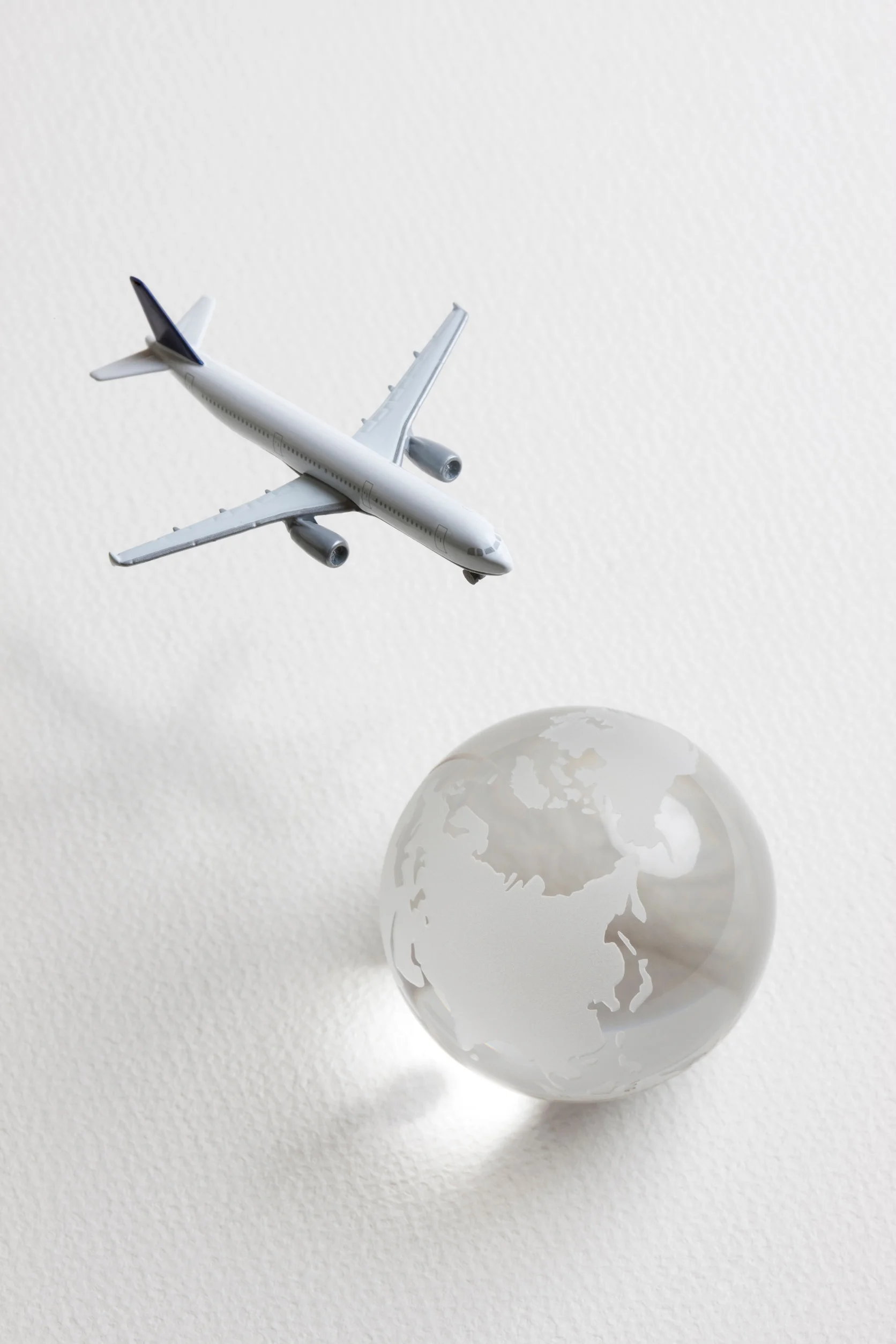Health and Vaccination Requirements for Traveling to Cameroon
If you’re planning a trip to Cameroon, it's important to understand the health and vaccination rules before you go. Like many countries, Cameroon requires proof of certain vaccinations—especially Yellow Fever—to protect public health and prevent the spread of disease. In addition to required vaccines, health experts also recommend other vaccinations and precautions to keep travelers safe.
This guide will help you understand which vaccines are needed, which ones are suggested, and how to prepare for a healthy and worry-free trip to Cameroon. To ensure a smooth entry process, don’t forget to apply for Cameroon eVisa ahead of your departure.
Do You Need Vaccines to Travel to Cameroon?
Yes, vaccinations are generally required and strongly recommended for travel to Cameroon. The most critical requirement is for Yellow Fever, but other routine and recommended vaccines are essential for protecting your health in this Central African nation.
Top 5 Requirements for Entering Cameroon in 2026
Here are the Top 5 Requirements for Entering Cameroon in 2026:
- Yellow Fever Vaccination Certificate: This is the mandatory requirement for all travelers aged 9 months or over.
- Valid Passport: With at least six months' validity beyond your intended stay.
- Cameroon eVisa: A valid eVisa authorization (if applicable).
- Proof of Polio Vaccination: For visits longer than four weeks.
Why Yellow Fever Vaccination Is Mandatory for Cameroon Entry

Cameroon is located in a yellow fever endemic zone, meaning the virus is present and can be transmitted by mosquitoes throughout the country. The mandatory vaccination requirement is a critical public health measure designed to prevent the spread of the disease to and from travelers, protecting both visitors and the local population. The World Health Organization (WHO) lists Cameroon as a country with yellow fever transmission risk.
What Happens If You Arrive Without a Yellow Fever Certificate?
Arriving in Cameroon without a valid International Certificate of Vaccination or Prophylaxis (ICVP), also known as the "Yellow Card," for yellow fever can lead to significant issues.
- Quarantine: You may be subject to immediate vaccination at the airport, often followed by a period of observation or quarantine (which could be at your own expense).
- Denied Entry: In severe cases, particularly if vaccination is refused or facilities are unavailable, you could be denied entry into the country.
- Exit Requirement: Be aware that Cameroonian authorities also often enforce proof of Yellow Fever vaccination for travelers departing Cameroon. Keep your certificate accessible for exit checks as well.
Understanding WHO International Health Regulations for Travelers

The WHO's International Health Regulations (IHR) are a legally binding instrument designed to prevent and control the international spread of diseases. For travelers, this means certain vaccinations (like yellow fever) are sometimes mandated for entry into specific countries to comply with global health security. The Yellow Fever vaccination certificate is standardized under these regulations, requiring specific details and an official stamp for validity. Note that while the Yellow Fever vaccination provides lifelong protection, reports suggest that occasionally, older certificates (pre-2004) or a general non-recognition of lifetime validity may occur at certain checkpoints, especially Douala International Airport, despite official lifetime validity. It's best to have a recent certificate if possible.
List of Recommended Vaccines for Travelers to Central Africa
In addition to the mandatory Yellow Fever vaccine, the CDC and WHO recommend the following for most travelers to Cameroon:
|
Vaccine |
Reason / When It’s Needed |
|
Yellow Fever(Mandatory) |
Required for entry; protects against a serious mosquito-borne disease. |
|
Routine Vaccines |
MMR, Tdap, Polio, and Influenza — ensure they are up-to-date before travel. |
|
Hepatitis A |
Spread through food or water; common in areas with poor hygiene. |
|
Typhoid |
Also spread through contaminated food and water. |
|
Hepatitis B |
Needed for long stays or if exposed to blood, medical work, or sexual contact. |
|
Rabies |
Recommended for long stays, rural travel, animal contact, or adventure activities. |
|
Meningococcal Meningitis |
For travel during the dry season (Nov–May) or to northern regions in the “meningitis belt.” |
|
Cholera |
For high-risk travelers going to places with unsafe water or poor sanitation. |
How Long Before Travel Should You Get Vaccinated?
It's crucial to consult a travel health specialist or your doctor at least 4-6 weeks before your trip to Cameroon.
- Yellow Fever: The Yellow Fever vaccine must be administered at least 10 days before arrival for the certificate to be valid upon entry.
- Other Vaccines: Many vaccines require multiple doses over several weeks or months (e.g., Hepatitis B), or take time to become fully effective. Planning early ensures you complete all necessary doses.
Yellow Fever, Typhoid, Hepatitis A & B: What You Really Need
- Yellow Fever: Mandatory for all travelers aged 9 months or over.
- Typhoid: Highly Recommended for most travelers due to risk of contaminated food/water.
- Hepatitis A: Highly Recommended for most travelers due to risk of contaminated food/water.
- Hepatitis B: Recommended for those with extended stays, repeat travel, or higher-risk activities.
Where to Get Travel Vaccines in Your Home Country Before Your Trip
In your home country:
- Travel Clinics: Specialized travel health clinics are the best option, as they have up-to-date information on global health risks and specific country requirements.
- General Practitioners (GPs)/Family Doctors: Many doctors offer routine travel vaccinations, but may refer you to a specialist for more complex travel itineraries or specific vaccines like Yellow Fever.
- Local Health Departments/Pharmacies: Some public health departments or certified pharmacies (where allowed by law) may offer travel vaccines.
Vaccination Certificate FAQs: Validity, Format & Language
- Validity: The Yellow Fever vaccination certificate (ICVP) is now considered valid for life from 10 days after vaccination. However, be aware of potential sporadic non-recognition for older certificates at some checkpoints.
- Format: The ICVP is a small yellow booklet issued by the WHO. It must be filled out by a medical practitioner or authorized health worker and include the official stamp of the administering center.
- Language: The certificate must be completed in at least English and/or French. Ensure all details (name, date of birth, vaccination date, batch number, official stamp) are clear and legible.
- Electronic Copies: While electronic copies may be accepted for some documents, always carry the original physical Yellow Card.
Health Checks and Vaccine Proof at Cameroonian Airports
Upon arrival at Douala or Yaoundé airports:
- Immigration: You will pass through immigration, where your passport and visa will be checked.
- Health Desk/Screening: Before or after immigration, there is typically a health screening desk where you may be asked to present your Yellow Fever vaccination certificate.
- Proof of Exit Yellow Fever Vaccination: Travelers leaving Cameroon are also frequently asked for their Yellow Fever certificate as they pass through security.
Do Children Need Vaccination Certificates to Enter Cameroon?
Yes, children aged 9 months or over are subject to the same Yellow Fever vaccination requirement as adults for entry into Cameroon. Ensure their Yellow Card is properly filled out and accompanies their travel documents.
How to Store and Present Your Vaccine Certificate When Traveling
Knowing how to store and present your vaccine certificate properly can save you time and prevent travel delays at the airport or border.
- Physical Original: Always carry the original Yellow Card with your passport and other essential travel documents. Do NOT pack it in checked luggage.
- Protective Sleeve: Keep it in a waterproof and tear-proof sleeve or a dedicated travel document wallet to protect it from damage.
- Digital Copy: Take clear photos or scan your certificate and save them on your phone, in your cloud storage, and email them to yourself as a backup.
- Accessibility: Keep it easily accessible as you will need to present it multiple times upon arrival and departure.
Malaria Prevention Tips for First-Time Visitors to Cameroon
Malaria is present throughout Cameroon, including in cities.
- Antimalarial Medication: Consult your doctor about prescription antimalarial drugs (e.g., Atovaquone/Proguanil, Doxycycline, Mefloquine, or Tafenoquine). Take them exactly as prescribed before, during, and after your trip. Chloroquine is generally not effective due to resistance.
- Mosquito Bite Prevention: This is crucial.
- Repellent: Use insect repellent containing DEET (30-50%), picaridin, or oil of lemon eucalyptus on exposed skin.
- Clothing: Wear long-sleeved shirts and long pants, especially from dusk till dawn when mosquitoes are most active.
- Nets: Sleep under an insecticide-treated mosquito net, even in well-screened rooms.
- Screens: Ensure windows and doors in your accommodation have intact screens.
How to Pack a Travel Health Kit for Cameroon

A well-stocked health kit can address minor ailments and emergencies:
- Prescription Medications: Enough for your entire trip, plus a few extra days, in their original packaging with doctor's notes.
- Over-the-Counter Medications: Pain relievers (ibuprofen/acetaminophen), antidiarrheal (loperamide), antacids, antihistamines (for allergies/insect bites), motion sickness medication.
- First-Aid Supplies: Adhesive bandages, antiseptic wipes, sterile gauze, medical tape, hydrocortisone cream, antibacterial ointment, thermometer, tweezers.
- Insect Repellent: With effective active ingredients like DEET.
- Sun Protection: Sunscreen (SPF 30+), after-sun lotion, lip balm.
- Hand Sanitizer: Alcohol-based (at least 60% alcohol).
- Water Purification: Water purification tablets or a portable filter (if venturing into rural areas).
- Oral Rehydration Salts (ORS): Essential for combating dehydration from diarrhea.
What to Do If You Get Sick While Visiting Cameroon
Getting sick while traveling can be scary, especially in a new country. But don’t worry—if you feel unwell during your visit to Cameroon, there are clear steps you can take to get help and feel better quickly.
- Mild Symptoms: For minor ailments (e.g., mild diarrhea, headache), use your personal health kit.
- Persistent/Severe Symptoms: If you develop a fever (especially if you haven't taken your antimalarials reliably), severe diarrhea, vomiting, rash, or any concerning symptoms, seek medical attention immediately.
- Contact Your Insurance: Inform your travel insurance company as soon as possible if you need medical care, as they can guide you to approved facilities and assist with payment.
- Healthcare Quality: Be aware that medical facilities in Cameroon, especially outside major cities, may be below international standards. Hospitals may require upfront cash payments. For serious conditions, medical evacuation to Europe might be necessary, underscoring the importance of comprehensive travel insurance.
- Emergency Number: Know the local emergency number (often 112 in Cameroon for an ambulance, though reliability can vary).
Health Checks to Do After Returning From Cameroon
Traveling to Cameroon is exciting, but you should still take care of your health after coming back home. Some sicknesses don’t show signs right away. Even if you feel okay, checking your health early can help you stay safe.
- Watch Your Health: For a few weeks or even months after your trip, pay attention to how you feel. Look out for fever, diarrhea, skin rashes, tiredness, or anything unusual.
- Tell Your Doctor: If you feel sick, tell your doctor that you visited Cameroon or Central Africa. This helps them check for illnesses like malaria that can appear days or weeks later.
- Health Tests: Your doctor might ask you to take blood tests or other checks, depending on where you went and what you did.
- Finish Your Malaria Medicine: If your doctor gave you malaria tablets, make sure to finish the full course—even if you feel fine.
- Mosquito Illnesses: If you get fever and joint pain, mention that you might have been exposed to viruses like dengue or chikungunya, which are spread by mosquitoes.
By staying alert and checking your health, you can catch any problems early and enjoy the memories of your trip to Cameroon with peace of mind.
Disclaimer: While this information was last updated in January 2026, we strongly suggest confirming all travel details with the appropriate governmental agencies, embassies, and airlines.
Applying for a Cameroon eVisa
- Step 1: Complete the online application form with your personal details and passport information.
- Step 2: Proceed to securely pay online using your credit card.
- Step 3: Check your email for payment confirmation and receipt of your Cameroon eVisa, which will be sent electronically.



